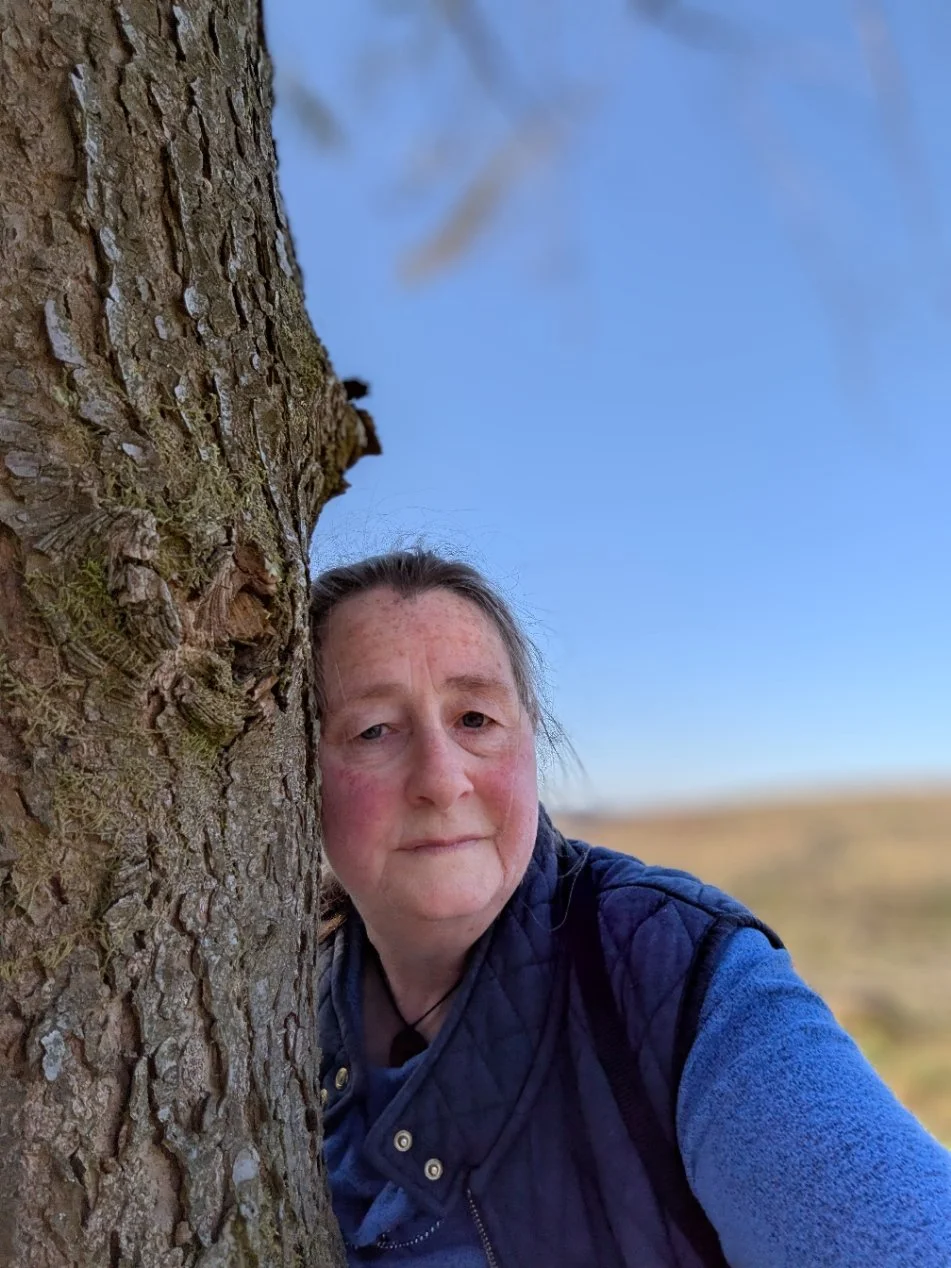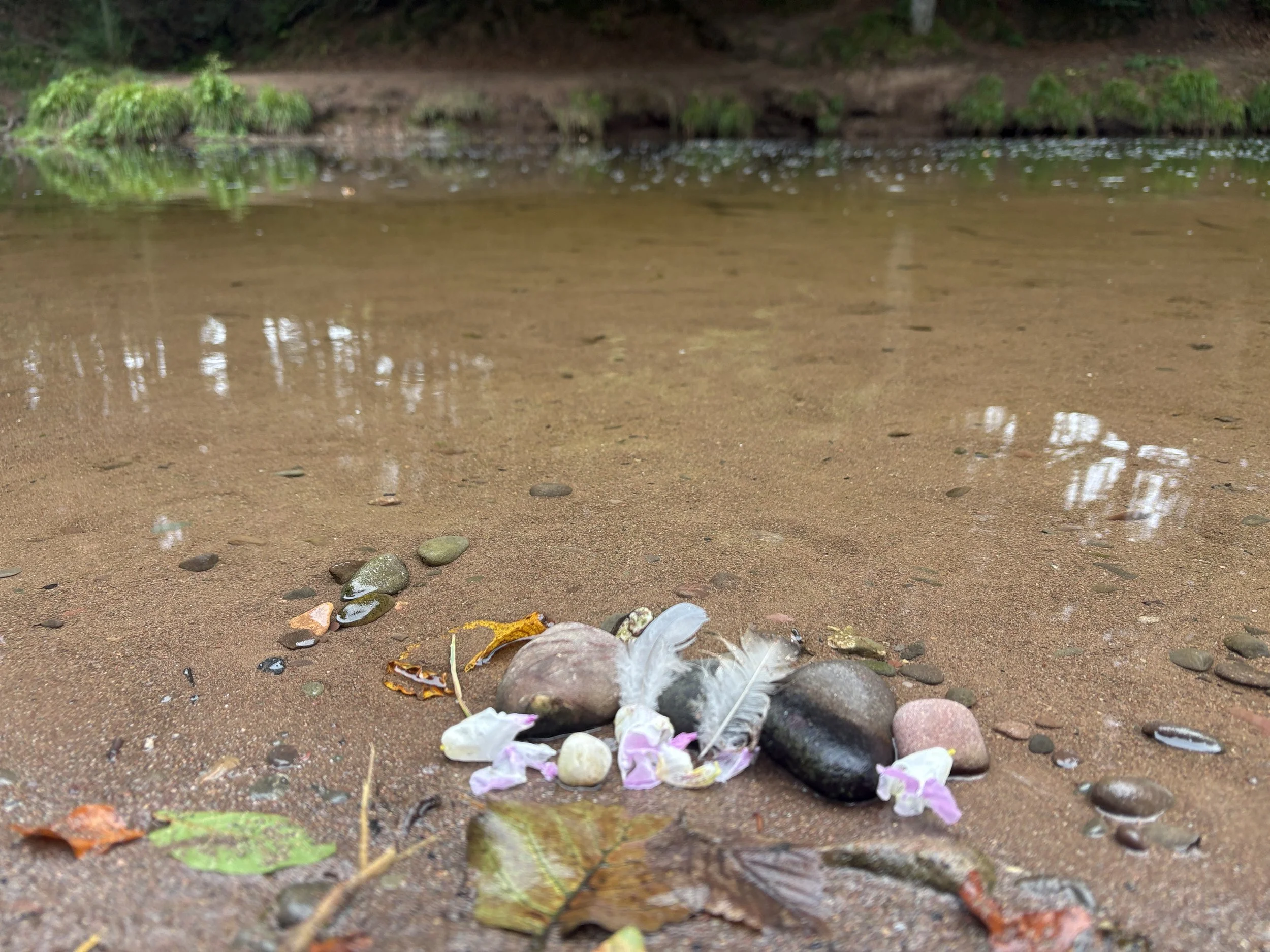Ten Directions Diploma in Ecotherapy 2026-27
Applications are now being accepted for next year’s diploma programme (Information on the 2025/26 course can be found here.)
DIPLOMA IN ECOTHERAPY
The Ten Directions Diploma programme is open to students who have completed the year-long Certificate in Ecotherapy. This Diploma programme is intended to support you in developing an ecotherapy practice based on the Ten Directions model, working in your own style and setting. It is an opportunity to develop specialisms and start to apply the methods which you have learned, integrating these within wider ecological, psychological and spiritual frameworks as appropriate. A practical project forms the core of the diploma and students receive regular mentoring sessions to support them in developing and carrying out this practical piece of work. Alongside the project, students are required to complete an online study sequence which will support them in developing their professional practice. In this it particularly focuses on practicalities.
Requirements for the diploma:
Undertake a project developing your own ecotherapy practice with a written submission of 3,000 words reporting on what you have done with an explanation of the rationale for your work
Attend 12 mentoring sessions
Complete an online study series comprising 20 units in total delivered online over three terms
Complete a local survey of ecotherapy and nature connection activities
Run a short online workshop in partnership with another student
Attend ten monthly peer group sessions: 2026/27 Sept 21, Oct 19, Nov 16, Dec 14, Jan 18, Feb 15, Mar 15, Apr 19, May 17, Jun 14 all at 7.00pm-8.30pm
Attend a final gathering on October 4th to review the year, 7.00pm-8.30pm.
Attend three full-day workshops 2026/27 Oct 17, Feb 20, May 15 10.00-4.00
Attend three half-day (3 hour) workshops (dates tbc)
Attend one of the Summer Programme courses (these options will be provided when the course begins)
PROJECT: Development of an ecotherapy project of your creation. Your project must involve delivery of activities to others by you as a practitioner (for example, running a group, a retreat, an online course, offering one-to-one therapy). The format of your project will be agreed with your mentor and your mentoring sessions can be used to develop your ideas, receive feedback and plan your report. You do not need to have a plan for your project in advance of the programme, but having a sense of your areas of interest is useful. The autumn term is primarily intended to be a time for exploration and, unless you have a clear plan in mind, it is good to remain open to different possibilities as you explore local circumstances. The spring term is then the time when project plans can be firmed up and the practicalities investigated. The summer term is the time for delivery. In practice, however, because students are often working in very different circumstances, their path through the project may vary considerably, so it is important to use sessions with the mentor to determine the best ways to proceed and set realistic deadlines. Projects should normally be submitted by the end of August of the year in which you join the diploma.
LOCAL SURVEY: As a preliminary to the project, during the autumn term, you will undertake a survey of your local area, identifying different activities and therapeutic services which are already available and which could broadly be deemed to relate to the field of ecotherapy. As part of this you will be encouraged to network and, if possible, to volunteer with a local agency. The purpose of this process is to widen your contact with people in the locality where you may work; to experience a wide range of different ways of approaching ecotherapy; to develop a sense of needs in your area in ways which may inform your project planning; to discover resources and possibilities for future collaboration. This survey will normally include visiting agencies in person, but students who are unable to do this will agree alternative strategies with their mentors.
MENTORING: Twelve hours of mentoring are included in the Diploma requirements, allowing you to meet with your mentor approximately once a month. Mentoring sessions will initially support you in conducting the local survey, co-leading an online workshop, and making plans for your project. Later they will be focused on supporting you in developing and submitting your project. They may also support you in laying the foundations for your professional practice. If you feel that you would like additional sessions, it is possible to negotiate additional sessions with your mentor at £50 per session. Students have a choice of mentors from within the staff group and are encouraged to work with someone whose specialisms reflect their interests and project plans.
ONLINE STUDY SEQUENCE: Alongside the project, students are required to complete an online study sequence comprising 20 sections. The sequence is divided into three terms and is linked in each case to practical activity. The first term (10 sections) focuses on networking and researching the variety of provision in their own locality which might come under the broad remit of ecotherapy, whilst at the same time identifying needs and possibilities for collaboration. The second term (5 sections) focuses on the practicalities of delivering ecotherapy through the development of the project, including consolidating an approached based on competence, skills and experience and supplementary material on aspects of professional practice. The third term (five sections) focuses on delivering a service within a growing profession, with support in developing the necessary organisational framework for the work, whilst the student is engaged in the final stages of conducting and writing up their project. You can see a breakdown of the online study topics here.
MONTHLY YEAR TWO GROUP: Students are required to attend 10 monthly group sessions. These sessions, which are an hour and a half long, take place on Monday evenings. They provide an opportunity to check in with other diploma students and provide space to discuss practice, share thinking and develop professionally and personally. They also allow space for reflection on material from the online study sequence. The group is closed and students are expected to attend sessions unless they have a good reason, in which case they should give notice of their absence in advance. The dates for 2026/2027 will be: Sept 21, Oct 19, Nov 16, Dec 14, Jan 18, Feb 15, Mar 15, Apr 19, May 17, Jun 14 all at 7.00pm-8.30pm plus a review gathering on Oct 4th.
TERMLY DAY WORKSHOP: In addition to the monthly group sessions, each term we will be offering a day workshop. This will be an opportunity to meet with other diploma students and explore themes from the online study sequence units in more depth. The dates for 2026/27 will be Oct 17, Feb 20, May 15 10.00am-4.00pm
TERMLY 3 HOUR WORKSHOP: Each term there will be a workshop led by a member of staff. (These exact dates will be confirmed when the course begins, but please expect these to happen on a Thursday afternoon or over Saturday day time - UK timezone).
Autumn: Paul Maiteny
Spring: Fairlie Winship
Summer: Kathryn Sheridan
ONLINE WORKSHOP: Diploma students will work in pairs to design and run a one-hour workshop which will be offered to the public as a free event on the Tariki programme. This workshop will normally be offered during the autumn term. The intention is that students will have an opportunity to experience collaborative working and presenting. The students will receive feedback and support from a member of staff.
LEARNING JOURNAL: Students are invited to keep learning journals throughout their time on the diploma. In these they reflect on experiences in nature and on therapeutic, facilitative or educational work that they are involved in. They are encouraged to use reflexive methods to review their learning. Students should also record factual details of visits made, work undertaken, feedback from participants and other outcomes as well as more personal notes and reflections and they are encouraged to keep a listing of resources and contacts. These may be kept separately from the more personal reflections or both types of record may be integrated. Course staff will not ask to read your journals but you will need to refer to them in order to observe the progress of your thinking through the course and in writing up your project. Students should note that, in keeping the journal, they will probably include details of people or agencies with whom they have been involved. Where this happens, care should be taken to preserve anonymity and to protect the journal as they would any other sensitive material relating to clients/users.
TIME COMMITMENT: Whilst there is no fixed time commitment for the diploma, and students generally benefit from the programme in proportion to the energy which they put into it. We estimate that a reasonable expectation of the time commitment for the programme, including time spent networking and delivering your project, would average around 5-6 hours per week and consist of a combination of completing online study units, practical engagement and staff contact time (workshops, mentoring and group attendance). This will clearly vary week by week, however.
COSTS: Total cost for the Diploma in Ecotherapy is £1995.
COMPLETION DEADLINES: Students should normally complete the requirements for the diploma by August 31st of the year following registration. Where a student has not completed the project by this date, they will be required to re-register for a further year at an additional cost of £150. This re-registration fee will entitle them to a further two mentoring sessions.
APPLICATIONS: should be made in writing on nearing completion of the Certificate in Ecotherapy or, if you do not wish to apply immediately, may be made in subsequent years. The deadline for the 2026 intake is August 31st.
CERTIFICATION: Completion of full requirements will result in the awarding of the Diploma in Ecotherapy.
The link to the 2025/26 course details can be found here.
PROJECT REPORT LIBRARY
-

Alison Broome’s Project Report
Diploma Graduate
Download and read Alison’s Project Report here.
-
Daniela Kato's Project Report
Diploma Graduate
Download and read Daniela’s Project Report here.
Read some of Daniela’s writing at Dark Mountain Project.
-
-

Katy Askew Gillott's Project Report
Diploma Graduate
Download and read Katy’s project report.
Find out more about Katy’s work on her website.
-

-

Rowan St Clair's Project Report
Download and read Rowan's project report here.
Find out more about Rowan's work on her website.



